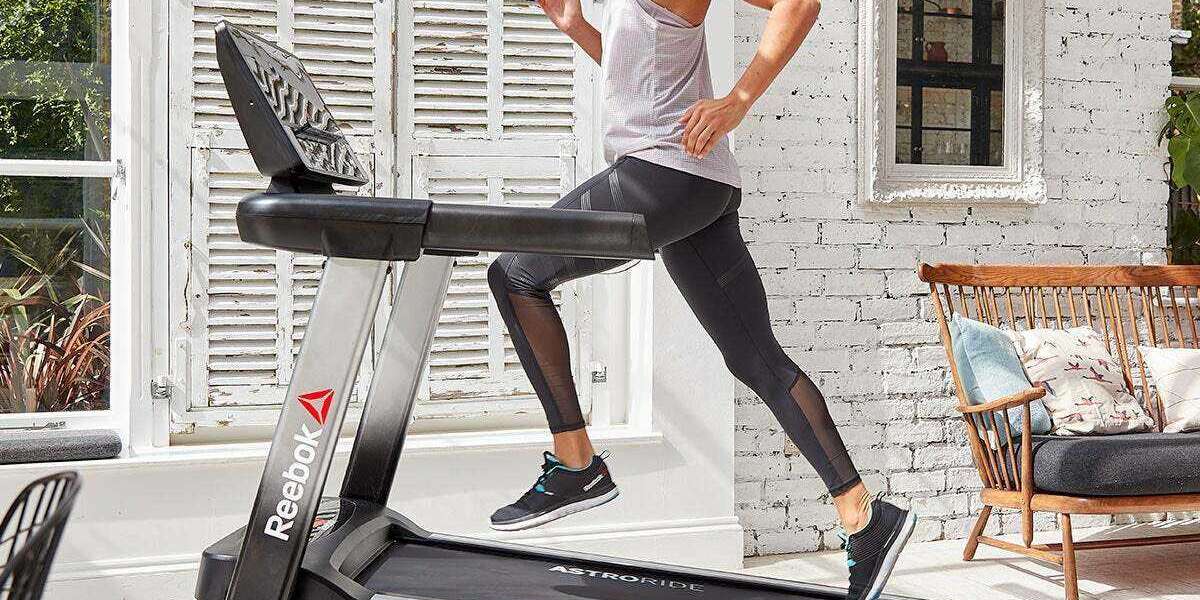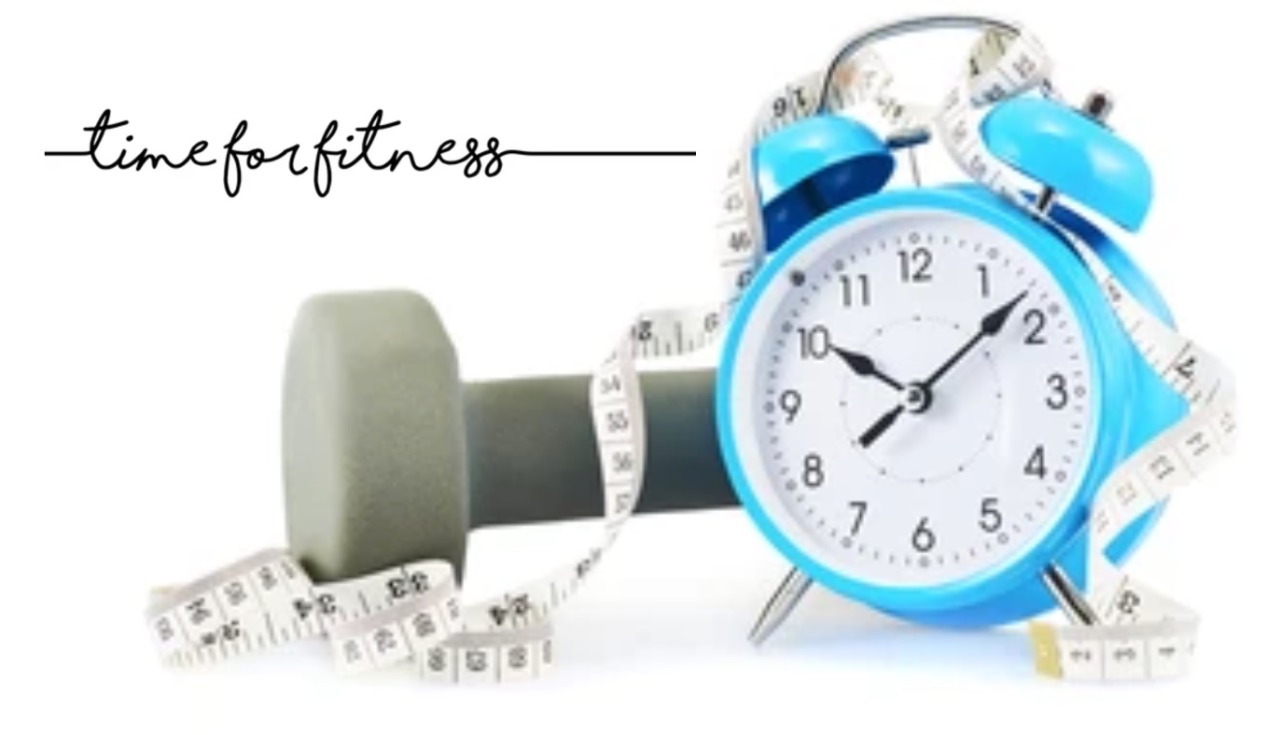Unlocking the Potential of Walking:
Walking, often underestimated, emerges as a powerful and accessible workout that can aid in weight loss without the side effects of intense exercise routines or restrictive diets. The question arises: How many steps a day can truly make a difference? Let's embark on a journey to discover the transformative impact of walking on your weight loss goals.
The Science Behind Walking:
The calories burned during a stroll are influenced by two key factors: your current weight and the distance covered. Walking is a natural and effective way to burn calories, making it an integral part of your weight loss journey.
14 Amazing Benefits of Walking:
Aids Weight Loss:
Walking engages various muscle groups, facilitating calorie burn and supporting weight loss. It's a low-impact exercise suitable for individuals at all fitness levels.
Improves Heart Health:
Regular walking enhances cardiovascular health by increasing circulation, reducing the risk of heart disease, and promoting overall cardiovascular efficiency.
Regulates Blood Pressure:
The rhythmic nature of walking contributes to maintaining healthy blood pressure levels, reducing the risk of hypertension and related complications.
Regulates Blood Glucose Levels:
Walking helps regulate blood sugar levels, making it an excellent activity for individuals with or at risk of diabetes. It improves insulin sensitivity and aids in glucose metabolism.
Strengthens Bones and Eases Joint Movements:
Weight-bearing aspects of walking stimulate bone density, promoting more robust bones. The gentle, repetitive motions also contribute to joint flexibility and alleviate stiffness.
Increases Lung Capacity:
The increased breathing rate during brisk walking enhances lung capacity, promoting better respiratory function and overall lung health.
Boosts Immune Functions:
Regular walking has been associated with a strengthened immune system, helping the body defend against infections and illnesses.
Improves Gastrointestinal Function:
I am walking, which aids in maintaining a healthy digestive system by promoting regular bowel movements and reducing the risk of gastrointestinal issues.
Uplifts Mood:
Physical activity, such as walking, triggers the release of endorphins, neurotransmitters that promote feelings of happiness and reduce symptoms of anxiety and depression.
Reduces Stress:
Walking in natural environments or urban settings provides a therapeutic effect, reducing stress hormones and promoting mental relaxation.
Improves Memory:
Regular physical activity, including walking, has been linked to improved cognitive function and memory retention, enhancing overall brain health.
Improves Mortality:
Studies suggest that a consistent walking routine is associated with a longer life expectancy, reducing the risk of premature mortality.
May Improve Fertility:
Moderate, regular walking positively impacts reproductive health by promoting hormonal balance and supporting overall well-being.
May Benefit Varicose Veins:
Walking stimulates blood circulation, potentially reducing the severity of varicose veins and improving vascular health.
Incorporating walking into your daily routine not only aids in weight management but also contributes to a myriad of health benefits. Embrace the power of walking for a holistic approach to well-being.
Practical Tips to Walk More Each Day:
- Make walking a part of your commute to work or school.
- Ditch the bus and walk to the supermarket for added calorie burn.
- Opt for stairs over elevators to tone your legs and meet your step count.
- Park your car farther away to increase your daily steps.
- Establish a routine with early morning or evening walks, gradually increasing duration.
- Start small with 15-20 minutes daily, rising slowly to 30-60 minutes.
How To Stay Motivated For Walking
Embarking on a walking routine is an excellent choice for overall well-being. To keep the enthusiasm high, consider these engaging tips:
Buddy Up:
Invite a friend to be your walking companion. The shared experience adds a social element, making it more enjoyable and motivating.
Morning or Evening Dog Walks:
Make walking a delightful routine by taking your furry friend for a morning or evening stroll. It's a win-win for both you and your pet's well-being.
Family and Friends Strolls:
Turn walking into quality time with loved ones. Take strolls with family or friends in the evening or after dinner, fostering connections while staying active.
Walk to Nearby Spots:
Incorporate walking into your daily activities by walking to the grocery store or nearby places. It's a practical way to stay active while running errands.
Financial Motivation:
Consider the financial benefits of walking. The money saved on transportation costs or gym memberships can be a powerful motivator.
Utilize a Walking Planner:
Maximize your walking experience with a planner. Track your heart rate, calories burned, and step count, and discover the best routes to keep your routine exciting and measurable.
Diverse Exploration:
Keep things fresh by exploring different paths each day. A variety of scenic routes adds an element of adventure and prevents monotony.
Join a Walking Group:
Connect with like-minded individuals by joining a walking group in your community. The collective motivation and camaraderie can elevate your walking experience.
Hiking Adventures:
Elevate your walking routine by incorporating hiking trips into your schedule. It adds an adventurous twist and allows you to experience nature's beauty.
Walk for a Cause:
Infuse purpose into your walks by participating in events for social causes. Whether it's a charity walk or community initiative, contributing while staying active amplifies motivation.
Conclusion:
As you embark on this walking journey, start small and witness your body adapt to this refreshing routine. Soon, the effort seamlessly integrates into your daily life, and you'll find yourself effortlessly shedding pounds. So, lace up those walking shoes, take the steps, and let the scale reflect your positive changes. Your transformative journey to a healthier you begins with a simple step – literally!







